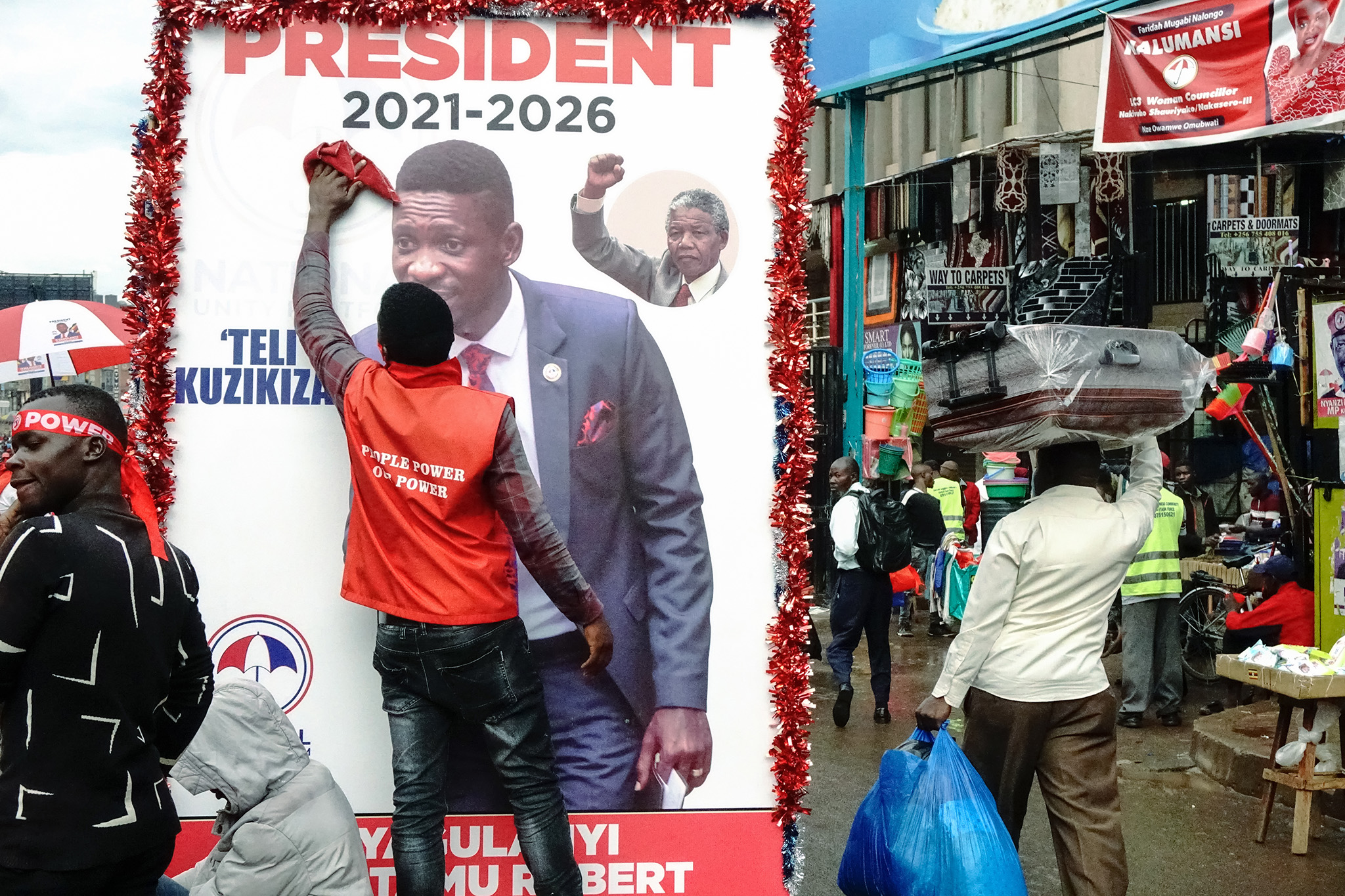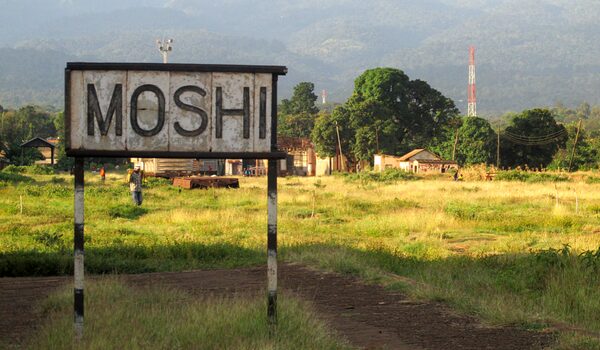Uganda Elections
A Nation at the Crossroads of Democracy and Identity
In the heart of East Africa lies Uganda, a country whose political narrative continues to oscillate between resilience and complexity. As the country approaches each electoral cycle, the entire region and global observers are once again drawn to a political theatre that is as vibrant as it is contentious. Uganda’s elections are not just political events—they are defining moments, shaping the future of governance, civil society, and democratic space in the nation.
To understand Uganda’s elections is to peel back layers of history, ideology, constitutional reform, regional dynamics, and the enduring hope of a population striving for representative governance. It is a story of endurance, contestation, and a battle for legitimacy in a country often standing at the intersection of tradition and modern governance.
The Historical Landscape of Ugandan Electoral Politics
The origins of electoral democracy in Uganda are rooted in the country’s independence from British colonial rule in 1962. Early efforts to establish a multiparty democracy were hampered by internal strife and successive military coups, notably under Idi Amin and later during the civil unrest of the 1980s. It wasn’t until 1986, when the National Resistance Movement (NRM) led by Yoweri Kaguta Museveni came to power, that a semblance of political stability began to take hold.
Elections under the NRM were initially non-party based, conducted under what was known as the “Movement system.” Political pluralism was suspended in favor of a system intended to build unity and avoid sectarian divisions. However, this system was criticized for marginalizing dissent and concentrating power. It was not until the 2005 constitutional referendum that multi-party politics were officially reintroduced, a shift that reopened Uganda’s political landscape to opposition parties and competitive elections.
The Electoral Process: Institutions and Frameworks
The body tasked with administering elections in Uganda is the Electoral Commission (EC), a constitutionally mandated institution with the responsibility of organizing free and fair elections. While the EC is legally autonomous, it has often been perceived by the opposition and civil society as aligned with the ruling government. These perceptions, whether accurate or not, have significantly affected public trust in the electoral process.
Voter registration in Uganda is facilitated through a biometric system, intended to enhance credibility and reduce cases of electoral fraud. Candidates for parliamentary and presidential positions are nominated following a detailed process, requiring specific qualifications and clearance by the EC. Campaign periods are regulated, although enforcement has often appeared inconsistent, particularly with regard to incumbents who enjoy significant state resources.
The legal framework governing Uganda’s elections is embedded in the 1995 Constitution and supplemented by several pieces of legislation, including the Presidential Elections Act and the Parliamentary Elections Act. Despite the presence of these legal safeguards, concerns have persisted over the manipulation of laws to favor incumbency, the use of security apparatus to intimidate political opponents, and the lack of a level playing field.
Presidential Elections and the Shadow of Incumbency
One of the most defining characteristics of Uganda’s elections has been the dominance of a single political figure—President Yoweri Museveni. Having assumed office in 1986, Museveni has presided over six consecutive presidential terms, each marked by a mixture of electoral success, legal controversy, and opposition suppression. Amendments to the constitution, including the removal of term limits in 2005 and the lifting of the presidential age limit in 2017, have effectively extended his grip on power.
Every electoral cycle since 2001 has witnessed increasing tension between the ruling NRM and various opposition candidates, most notably Dr. Kizza Besigye and later Robert Kyagulanyi, popularly known as Bobi Wine. The 2021 general elections marked a pivotal moment in Uganda’s political evolution, with Bobi Wine galvanizing a youthful electorate frustrated by unemployment, corruption, and authoritarianism. While Museveni was declared winner by the Electoral Commission, the election was marred by reports of violence, internet blackouts, arbitrary arrests, and restricted media access.
The Role of Opposition and Civil Society
Opposition politics in Uganda has often existed under duress. Parties such as the Forum for Democratic Change (FDC), Democratic Party (DP), and National Unity Platform (NUP) have played a critical role in expanding political discourse and advocating for reform, but their operations have frequently been curtailed by restrictive laws, harassment, and limited access to public resources.
Civil society organizations and human rights defenders have acted as watchdogs, documenting electoral abuses and calling for international oversight. However, their space has been increasingly constrained, especially around election seasons. Laws governing NGOs have been tightened, and several organizations have faced suspension or deregistration for alleged political involvement.
Despite these challenges, civil society remains a crucial pillar in Uganda’s democratic fabric, continuing to engage in voter education, legal aid, and electoral observation.
Media, Technology, and Public Discourse
Media freedom, a cornerstone of democratic elections, has been a double-edged sword in Uganda. While independent media houses have emerged, offering critical perspectives and investigative journalism, many outlets operate under fear of censorship or closure. Journalists covering opposition rallies have faced harassment, arrests, and violence, particularly during sensitive political periods.
Technology has also played an increasingly pivotal role. Social media platforms such as Twitter (now X), Facebook, and WhatsApp have become essential tools for political mobilization, citizen engagement, and real-time reporting. However, the state has often responded with nationwide internet shutdowns, surveillance, and the arrest of digital activists. These actions raise serious questions about the balance between national security and individual rights in the digital age.
Electoral Violence and Security Forces
One of the most troubling aspects of Uganda’s elections has been the recurring pattern of electoral violence and the militarization of politics. Security forces—especially the military and police—have often been deployed under the pretext of maintaining law and order but have been accused of excessive force, unlawful detentions, and political intimidation.
The 2021 elections saw a particularly violent crackdown on opposition supporters, with scores killed and many more injured in pre-election unrest. The blurred line between state security and political enforcement remains a critical concern for Uganda’s democratic integrity.
International Observers and Global Responses
Uganda’s elections have consistently attracted attention from international bodies, including the African Union, the European Union, and domestic observer missions. While these missions have sometimes praised the logistical management of elections, they have frequently expressed concern over the broader democratic context—especially the lack of transparency, media restrictions, and the treatment of opposition figures.
Sanctions, travel bans, and aid reviews have occasionally followed disputed elections, though Uganda’s strategic geopolitical position in the Great Lakes region, and its cooperation in counter-terrorism, often temper stronger international responses.
What Lies Ahead: Democratic Renewal or Continued Entrenchment?
As Uganda looks toward future elections, the question remains: will the nation move toward a more inclusive and credible democratic process, or will entrenched political interests continue to dominate the scene? The growing youth population, now a majority, presents both a challenge and an opportunity. Their aspirations, demands for accountability, and digital savvy may usher in a new era of civic consciousness—if allowed the space to do so.
Electoral reform remains a central issue. Independent oversight, judicial independence, constitutional safeguards, and the depoliticization of state institutions must become priorities for any meaningful progress. Without these, elections risk becoming mere rituals devoid of democratic substance.
Yet, despite the systemic challenges, the resilience of the Ugandan people continues to inspire. From university students challenging the status quo, to rural voters demanding better services, the spirit of democratic engagement remains alive—awaiting the moment it can truly shape governance from the ground up.
Discover Uganda Beyond the Ballot
Uganda’s political landscape, though complex, tells only part of the story. Beneath the surface of power struggles and constitutional debates lies a land of breathtaking beauty, rich cultural heritage, and unforgettable wildlife. From the mystical Rwenzori Mountains to the lush plains of Queen Elizabeth National Park, Uganda offers more than politics—it offers wonder.
To explore the Pearl of Africa in its truest form, travelers are encouraged to experience the country firsthand—its landscapes, its people, and its untamed spirit. For those seeking authentic, well-curated tours and safaris, WildHorn Africa stands as a trusted partner. Their deep local knowledge and commitment to responsible travel will ensure an unforgettable journey through Uganda’s heartlands.
Whether captivated by the calls of mountain gorillas in Bwindi or the rhythms of Buganda’s royal traditions, Uganda invites you to witness its beauty beyond the headlines. And WildHorn Africa is ready to take you there.









